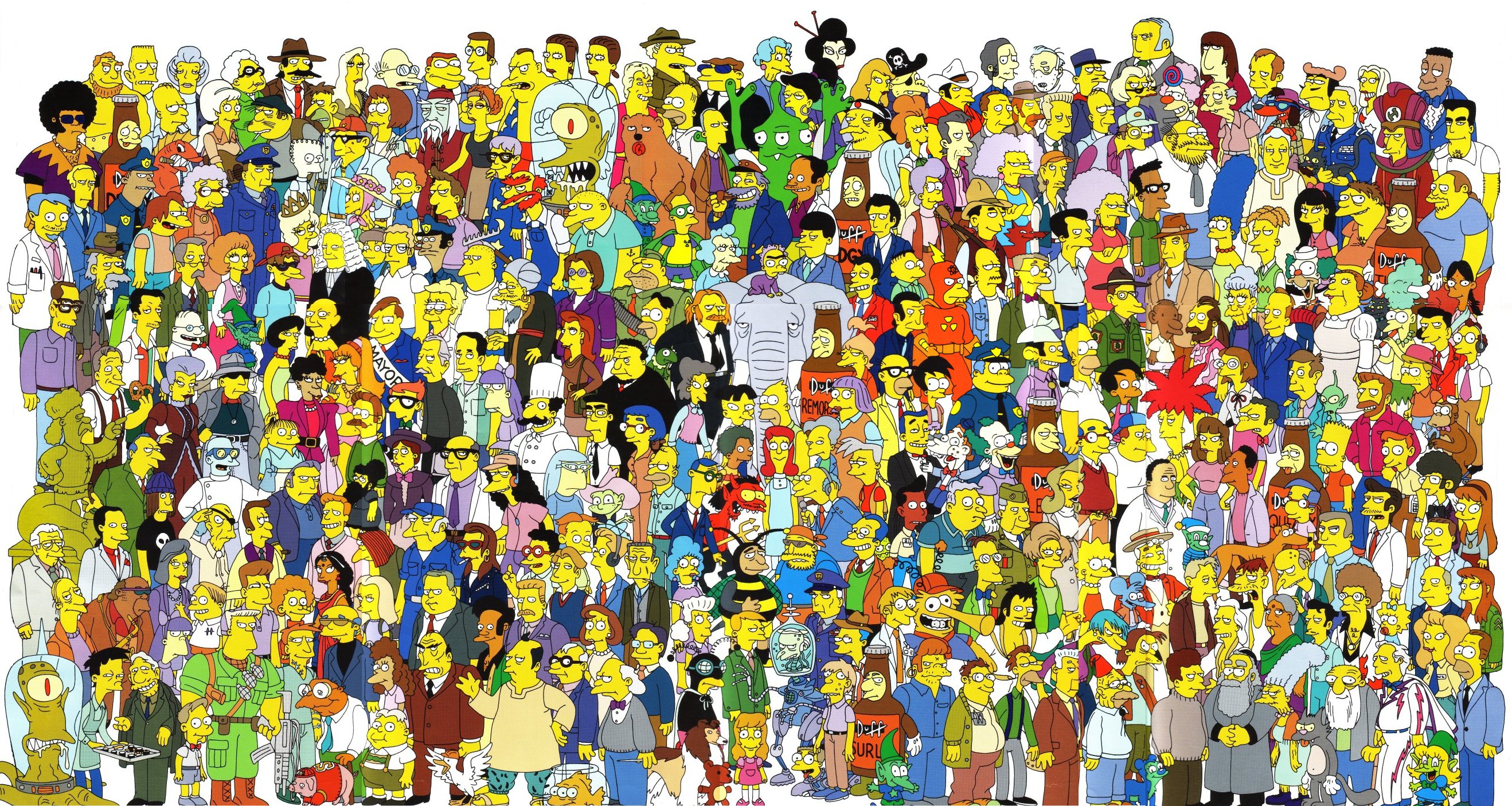Team:Guelph/Team
From 2008.igem.org
| Home | The Team | The Project | Parts | Notebook | Modeling | Links |
|---|

| |||||||||||||||
|
Who we are
What we did(Provide proper attribution for all work)
Where we're from |
| Home | The Team | The Project | Parts | Notebook | Modeling | Links |
|---|

| |||||||||||||||
|
Who we are
What we did(Provide proper attribution for all work)
Where we're from |